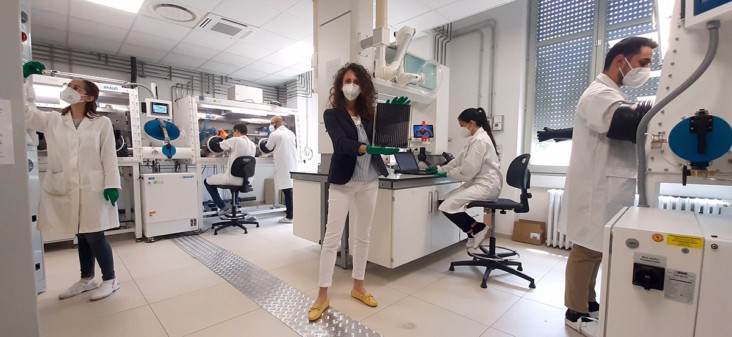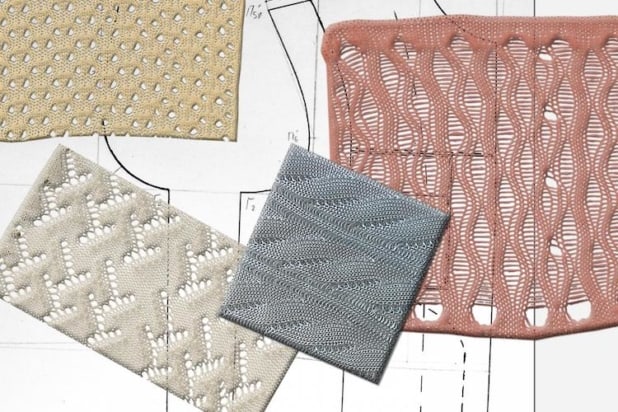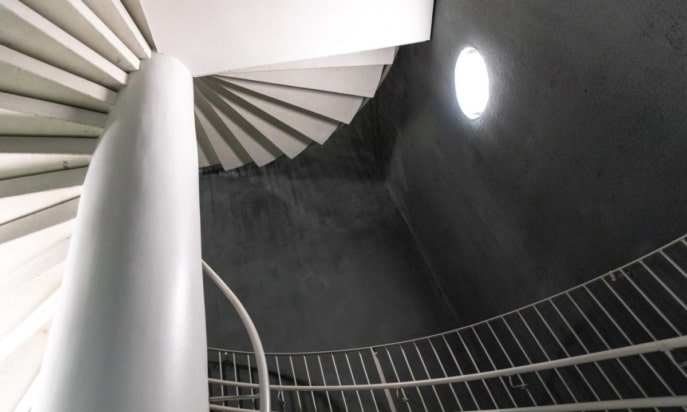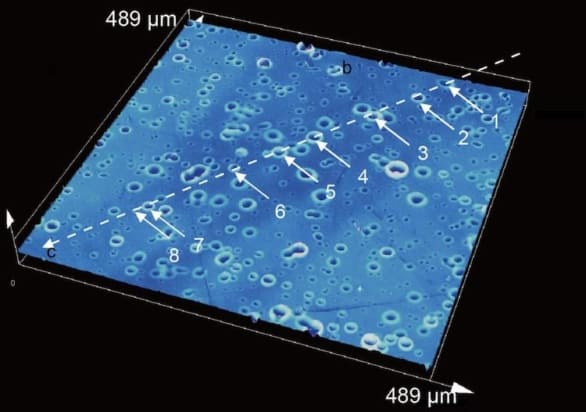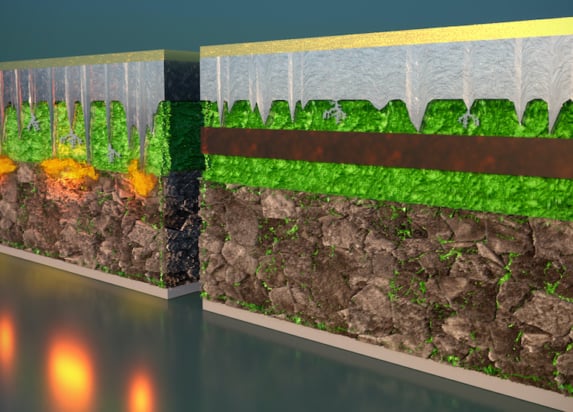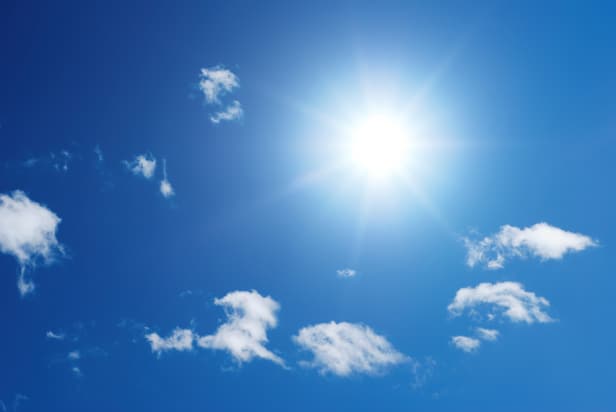Physics World Materials Briefing 2021
Climate change, pollution and energy are interlinked themes of this year’s Materials Briefing. The “Materials for energy” section reports on lithium metal batteries; recyclable supercapacitors; and a combined solar energy and desalination system that produces solid salt, rather than liquid brine, as waste. In biomaterials we look at how foam made from pulped wood, rather than carbon-intensive gypsum plasterboard, can improve the acoustics inside buildings. And in polymers, you can learn about a new type of polyethylene fabric that is not only more breathable than cotton, but also has a smaller ecological footprint because it is so easy to manufacture, dye, clean and reuse.
Expand to full screen, bookmark pages or download to read offline using the icons beneath the screen. You can access the videos and audio clips if you read the emagazine online. Read it now
Or you can read selected content from the Physics World Materials Briefing 2021 here

Want even more from Physics World?
Get more from Physics World without waiting for the next issue. The same great journalism, but delivered to you daily. Read updates on the latest research as soon as they happen and access 20 years of online content, organised across 13 dedicated scientific areas. Visit the homepage to start exploring.
